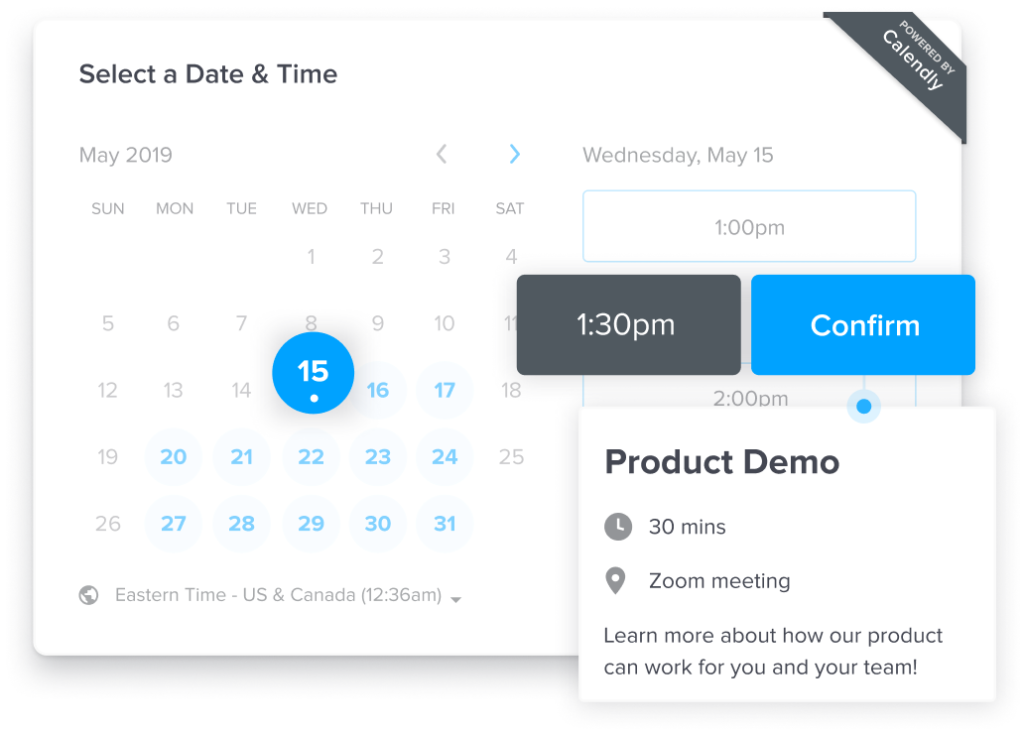Pandemic conditions have highlighted something I once took for granted as a publishing lecturer: facetime with students. Observing the pre-class hubbub was a great way to get a feeling of the cohort and build rapport with students.
I’ve found keeping in touch with academic advisees particularly challenging, as the relationship often develops via spontaneous conversations in classrooms and corridors as much as it does scheduled meetings. Nowadays you would be lucky to spot your academic advisee roaming the university halls behind a sea of masks, let alone feel comfortable walking up to them through fear of breaking one COVID policy or another.
With in-person office hours a no-go, and most classes being channeled through Zoom webinars, how do we keep in touch with our academic advisees at a time when they need us most?
I have found Calendly, while not perfect, helps address some of the problems that come with facilitating student engagement outside the classroom.

It’s an online booking service that connects to your Google Calendar, and allows students to view and book a time during your office hours. Calendly integrates with Zoom and other video conferencing software and the event is placed in both party’s calendars without any back and forth emails. I place my Calendly link in my email signature, and frequently stress to students they can book a meeting slot whenever they need. They don’t even need to ask permission first.
Other than reducing email load, Calendly acts as a virtual open door, avoiding the trap of enforcing regular mandatory meetings that can feel like an appraisal. By empowering students to schedule the call themselves, they come prepared with a topic in mind to discuss, resulting in more productive conversations.
Calendly is free for one event type, with additional features behind a monthly subscription. I’ve found it to be an effective tool that saves time, while maintaining loose student connections that are harder to manage in a hybrid classroom.








